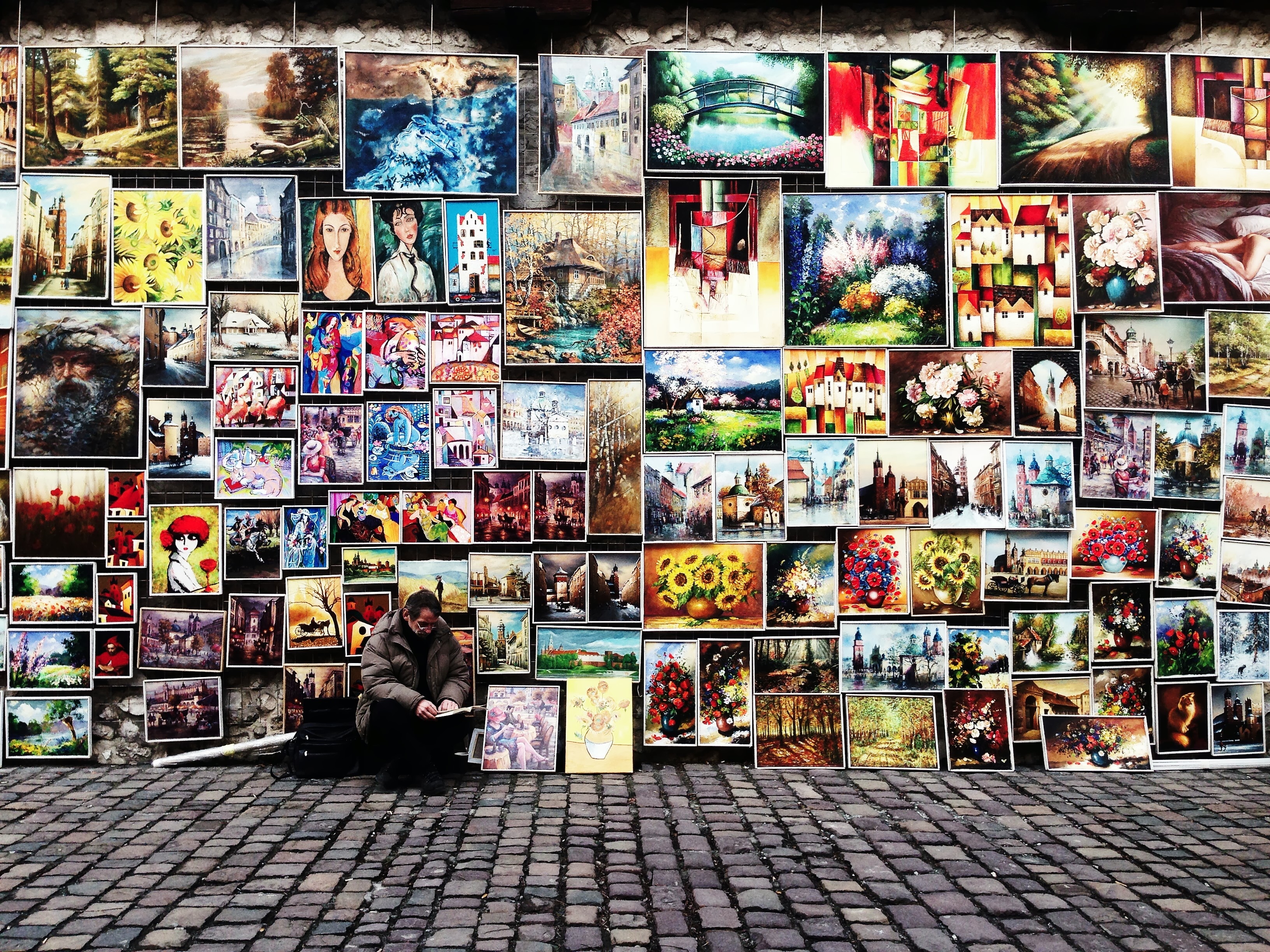Take-Home Message: Set goals. Stick to them. Witness your life change.
I wanted to write. So I did.
I wanted to express myself. So I did.
I wanted to set a goal and stick to it. So I did.
Over the past 31 days (today included), I have blogged and journaled as part of a personal development project. In this one month, I have learned far more than I ever anticipated. I have felt stretched and I have felt exhaustion. I have also felt relief and satisfaction.
On many occasions, I had to force myself to remain committed to this goal. It was not easy. On a handful or more days, I sat in front of my computer, evening closing in, wondering what it is I would use my words to accomplish.
Some days, I would wake up and review what I had written the night before and ask myself, “What the hell was that?” Other times, I would reread something and find a handful of typos and ridicule myself. But every time I woke up, and I looked back, I felt something else. I felt a sense of pride welling up inside of me from staying committed to a goal that proved to be so difficult. I felt challenged and yet confident that I had risen to the occasion in the days that it was most difficult. I felt alive for doing something I loved every single day and for overcoming all of the excuses I fought along the way.
In the process, I learned a lot about myself and about creativity.
I learned how important it is sit down and write out my thoughts the moment I feel inspired so as not to lose a portion of it. I learned the necessity of taking the time to follow a thought to its conclusion rather than being satisfied halfway through and stopping.
I reaffirmed what I already knew about the value of seeing something through to completion, but in a whole new light. I learned about writing and creating as a discipline, and how important it is to the creative process to work when there’s no inspiration in sight. I took a graduate course in foregoing sleep to make time for working toward a goal.
I learned how it feels to put my work on exhibition for the world. I learned a lot about the type of audience my style of writing fits. I learned plenty of areas I can improve with my writing, too. I learned a lot even about the way that I write, not just the process, but the tone, the words, and the phraseology that are my go-tos.
I learned that I use too many commas and sometimes try to fit too many thoughts into one sentence. I learned that I overkill ideas, sometimes. I learned that I repeat myself. I learned that I repeat myself.
I learned that sometimes the word that perfectly completes a thought is profane. I learned that it’s okay to use a preposition to end a sentence with. I learned that writing is a self-regulating process and the only rules that matter are the ones important to me.
I learned that I produce sub-par shit sometimes, and that it’s okay. I learned that some of the pieces I think are my best are actually the worst in others’ eyes. I learned that I shouldn’t be so precious with my ideas, and that destroying ten drafts before making a good one often leads to a better end-product.
I learned that music with lyrics can sometimes bring to the forefront of my mind an entire new train of thought–Looking at you, John Mayer, Slow Dancing In A Burning Room (See, Let’s Your Stuff Burn, Save Yourself).
I learned that it’s okay to be wrong. And I learned that it’s okay to be right.
I learned that what works for me doesn’t always work for others. And that what works for others doesn’t necessarily work for me.
I learned that I write best first thing in the morning or last thing before I sleep.
I learned that sometimes it’s best to walk around all day masticating on an idea before attempting to put it into words. And I learned some thoughts aren’t ready to be put into words and require more extensive meditation.
I learned that writing about a new topic every day doesn’t allow me to produce the most meaningful results. And I discovered ways to improve this in the future.
I learned that some topics don’t interest me, and I found some that I could spend all day, every day on.
I learned that it doesn’t matter what other people think of my work, if I’m doing what I have to do for myself. But I also discovered that when you put yourself out there and start working toward something unswervingly, people take notice.
I learned that a lot of people have goals and dreams they really want to work toward and accomplish but they’re allowing something to stand in their way.
I learned that in the grand scheme of the essential human drama, we all, for the most part, face similar trials and difficulties.
I learned that sometimes the valuation I have of myself isn’t realistic or fair. And I learned about a lot of areas in my life I would like to work to improve.
I learned that growth can be rapid with enough concentrated effort. And I learned that screwing up gets easier when I cut myself some slack.
I learned that facing my fears is easier than it seems, and that reaching for my goals isn’t so scary, either.
I learned all these lessons and many more just by focusing on something that I wanted to do for a short period of time. I felt growth take place in my life in a way I have seldom felt before.
In the scheme of the universe, I didn’t do anything miraculous. I didn’t change the whole world. But what I did was miraculous for me. I changed my world. I found answers about myself to questions I had. I looked some of my fears in the eyes and made them blink first. I peered into my own mind searching for meaning, and I found plenty. It was tough, yet it was so easy.
I wanted to write. So I did.
I wanted to express myself. So I did.
I wanted to set a goal and stick to it. So I did…
What is it that you want to do?
What are you waiting for?



